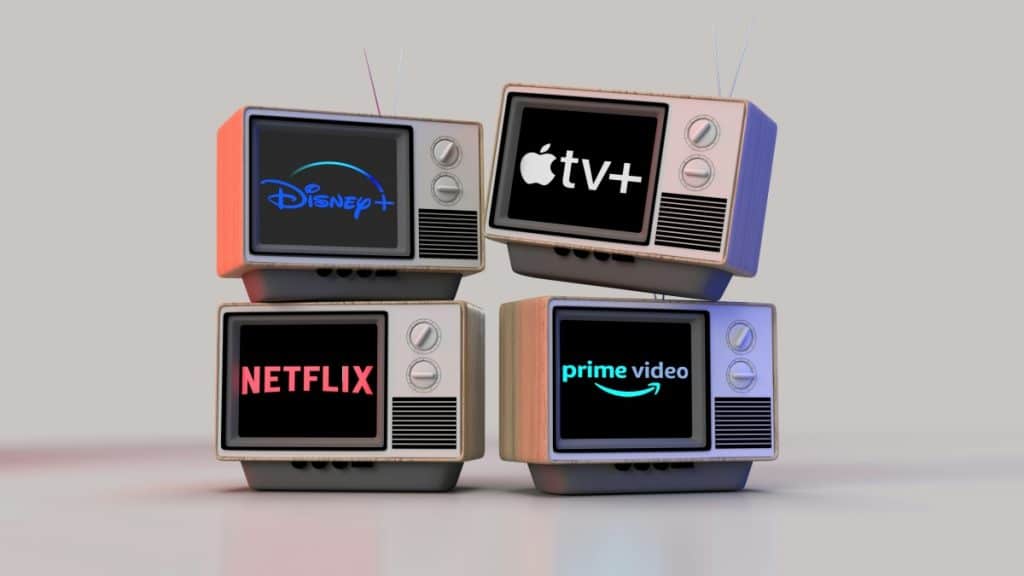If current entertainment production trends are anything to go by, intellectual property (IP) has emerged to become a lucrative and valuable asset. By holding the rights to IP, companies can create revenue streams from everything, from character and product licensing to merchandising, appealing to a built-in audience. This article explores how retaining and selling IP rights can contribute to a company’s overall value.
Intellectual Property & Product Licensing in Entertainment
Intellectual property refers to the creations of the human mind and can include works such as books, music, films, brands, and innovations. When this property is leveraged, it can be freely sold and licensed by the rights holder to generate royalty income or increase a company’s value.
This is often seen in the online gaming sector, with online casinos licensing gambling products from developers to maintain audiences. Those who play Spin Till You Win Roulette, a game that adds an exciting twist with bonus rounds, customizable options, and interactive features designed to enhance the classic roulette experience, may be surprised to learn that the license-holder of the game recently sold a cutting-edge gaming technology for a massive $2.6 billion. This proves that a company’s ideas are often its greatest assets.
Elsewhere in the entertainment sector, companies such as Netflix have outlined an IP acquisition strategy, seeing this as a more lucrative way to generate sustainable income streams than acquiring other companies. There are several benefits to this, including appealing to an already-established audience, risk reduction, and guiding content strategies to expand on libraries.
Another way for IP rights holders to generate income is by licensing their products to different services. While the streamers had long chased a model to own exclusive rights to content, Netflix recently acquired the distribution rights to five shows from rival HBO in a non-exclusive agreement.
Merchandise Licensing
Since its establishment in 1923, Warner Bros. Entertainment has understood the importance of retaining IP rights through character licensing. With over 100 years of movies, TV shows, and games in its portfolio, the company has masterfully utilized its IP in character licensing.
In 2021, Warner Bros.’s consumer products division generated more than $15 billion in licensed merchandising, leveraging a myriad of its TV networks and popular franchises to generate revenue. Whether clothes, theme park attractions, or toys, the IP licensing ecosystem guarantees these companies a broader scope of wealth outside content subscriptions and ticket sales.
IP Acquisitions
Major companies have also looked to outright sales of their entire IP catalogs to generate income. One of the most notable examples of this came in 2022, when Amazon acquired MGM Entertainment for $8.5 billion. The prestigious studio owned the rights to more than 4,000 films and 17,000 TV episodes, with franchises such as James Bond and Rocky sold as part of the deal.
This strategy will undoubtedly help Amazon’s Prime video streaming service remain competitive, allowing it to cater to a reliable fandom with a steady production pipeline.
Through merchandise licensing, product licensing, and outright sales, intellectual property can garner massive revenues for entertainment companies. With some IP worth billions of dollars, investors should look to emerging books, TV shows, and films as potential sources of untapped revenue streams beyond their initial impressions.
